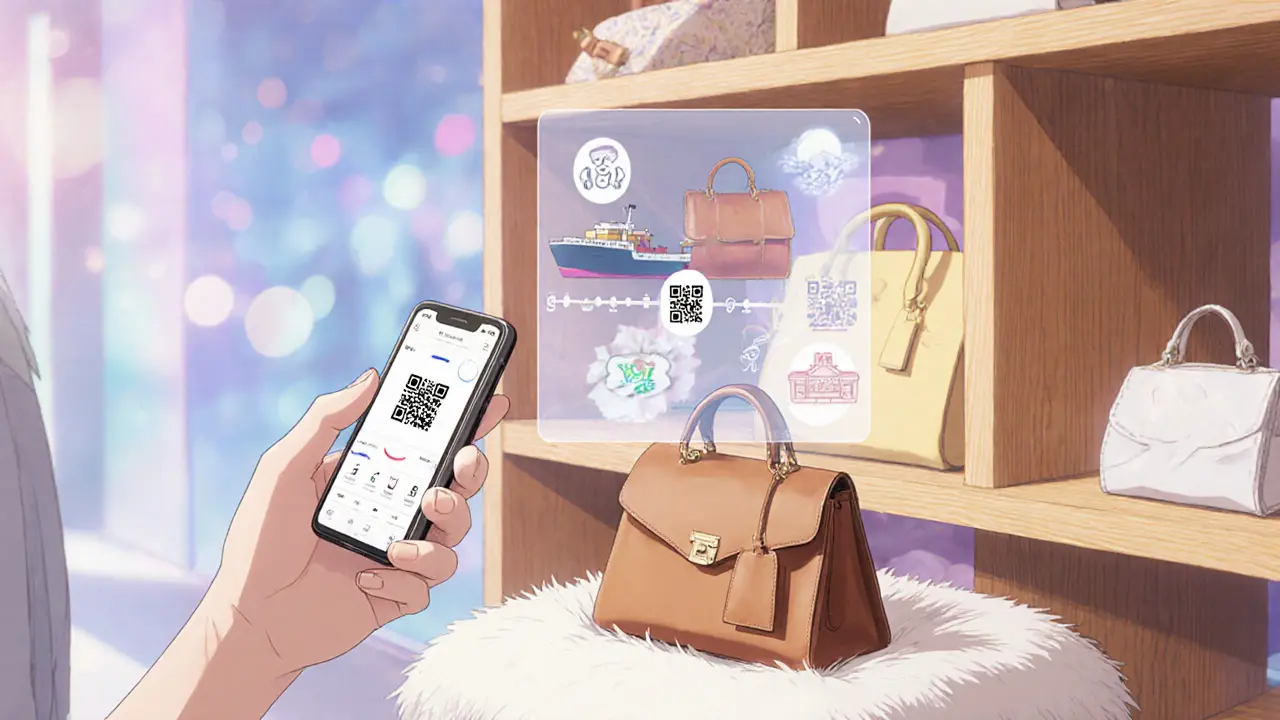Blockchain Supply Chain
When talking about blockchain supply chain, the fusion of distributed ledger technology with logistics and product flow management. Also known as distributed ledger supply chain, it lets every participant see the same data without a central authority. This concept connects two big ideas: the immutable nature of blockchain, and the complex coordination required in supply chain management. Together they create a system where information travels as fast as the product itself.
One of the core drivers behind this shift is the use of smart contracts. These self‑executing agreements enforce business rules automatically, cutting down paperwork and human error. Because every contract lives on the same ledger, traceability becomes a built‑in feature – you can follow a pizza box from farm to table with a few clicks. The semantic link is clear: blockchain supply chain requires smart contracts to guarantee data integrity, and traceability benefits from the same tamper‑proof records.
Why It Matters Today
Companies chasing supply chain transparency find that a decentralized ledger solves the trust gap between suppliers, manufacturers, and retailers. The ledger’s consensus mechanism ensures that no single party can rewrite history, which dramatically lowers the risk of fraud or counterfeit goods. In practice, a retailer can instantly verify that a batch of organic coffee meets certification standards, while a manufacturer can pinpoint a faulty component’s origin within minutes.
Beyond fraud prevention, the technology also streamlines operations. Real‑time updates mean inventory managers can react to delays before they become costly stockouts. Shipping firms can optimize routes based on verified data, reducing fuel consumption and emissions. All of these benefits flow from the same underlying principle: an immutable, shared data source that all parties trust.
Of course, implementing a blockchain supply chain isn’t a plug‑and‑play job. You need to choose the right network—public versus permissioned—consider data privacy regulations, and onboard partners who may be new to the tech. However, the payoff often outweighs the effort, especially for high‑value goods where provenance is a market differentiator.
In the articles that follow, you’ll see real‑world examples, step‑by‑step guides, and deep dives into how each component—smart contracts, traceability tools, and decentralized ledgers—fits into modern logistics. Whether you’re a startup founder, a supply‑chain analyst, or just curious about the buzz, the collection below offers practical insights you can act on right away.






